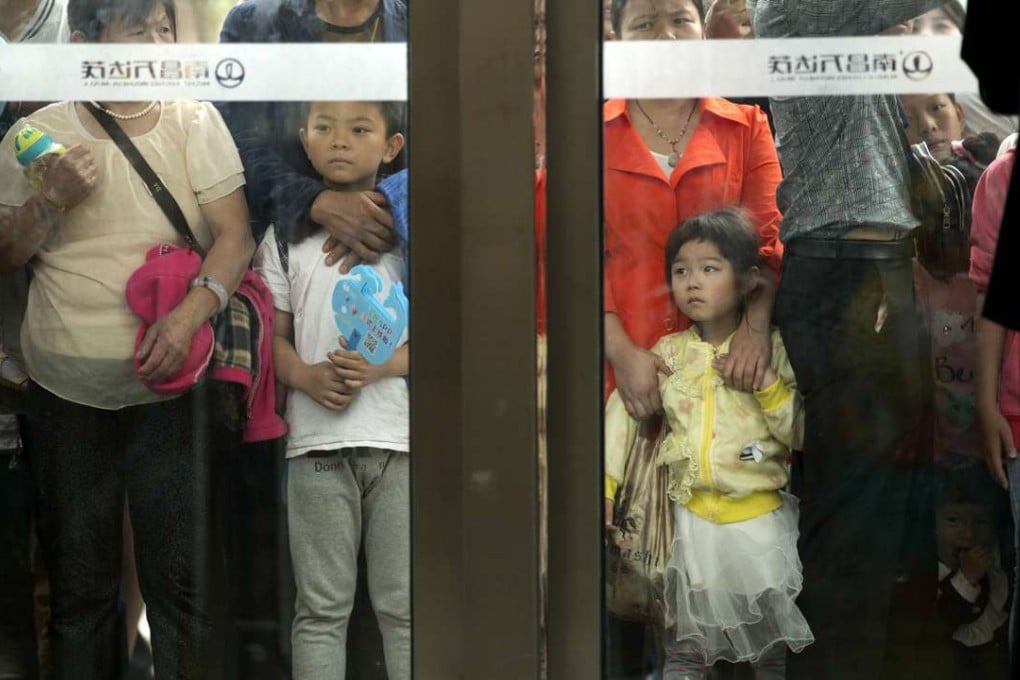One bad advert doesn’t make 1.4 billion Chinese racist
Barry Sautman and Yan Hairong say some Westerners outraged by a detergent ad are too quick to generalise about a Chinese tendency to be racist, which is unfair and wrong

By now, there has been a fairly comprehensive discussion of the racist ad produced by the detergent company Qiaobi that depicts the laundering of a “dirty” black man into a “clean” Chinese. Beyond condemning the ad, those of us in China should also call for its perpetrators to be sanctioned under Article 9 of China’s Advertising Law, which forbids ads containing discrimination based on nationality, race, religion or gender.
One key aspect of the discourse has yet to be treated, however – its political uses. One of us has been interviewed about the ad by journalists for several “top” Western news sources. The main question posed was whether it shows that “the Chinese are racist”.
US media outrage over detergent ad is pot calling the kettle black
As of 2010, there were 43 million companies in China. Not all advertise, but even if only 2 per cent do, that’s almost one million companies. Many firms have issued a multiplicity of ads. Arguably, no conclusion about racism among the 1.4 billion Chinese can be made based on a single ad. When racist ads or statements appear in the Western media – and there have been plenty – no one claims they show “the Americans”, “the French”, and so on, are racist.
That said, the question of whether a racist world view is more common among Chinese than among other people needs to be answered, if only because Western media foster that impression. The idea of unique Chinese racism has spread to such an extent that “Are the Chinese Racist?” is one issue taken up in the recent, useful book by Marte Kjær Galtung and Stig Stenslie, 49 Myths about China.

Chinese company offers apology over ‘racist’ advert, but it doesn’t wash
A few recent surveys relate to this question. A 2008 World Public Opinion survey done by the University of Maryland among people in 16 countries concluded that the Chinese rank among the top with the greatest support for the importance of equal treatment for different races and ethnicities, second only to Mexicans. China also has the second-largest majority who disagreed that employers have the right to discriminate based on race or ethnicity, and are among the largest majorities that favour their government making efforts to prevent racial and ethnic discrimination.
It is spurious to imply, without substantial evidence, that racist views are more common among Chinese